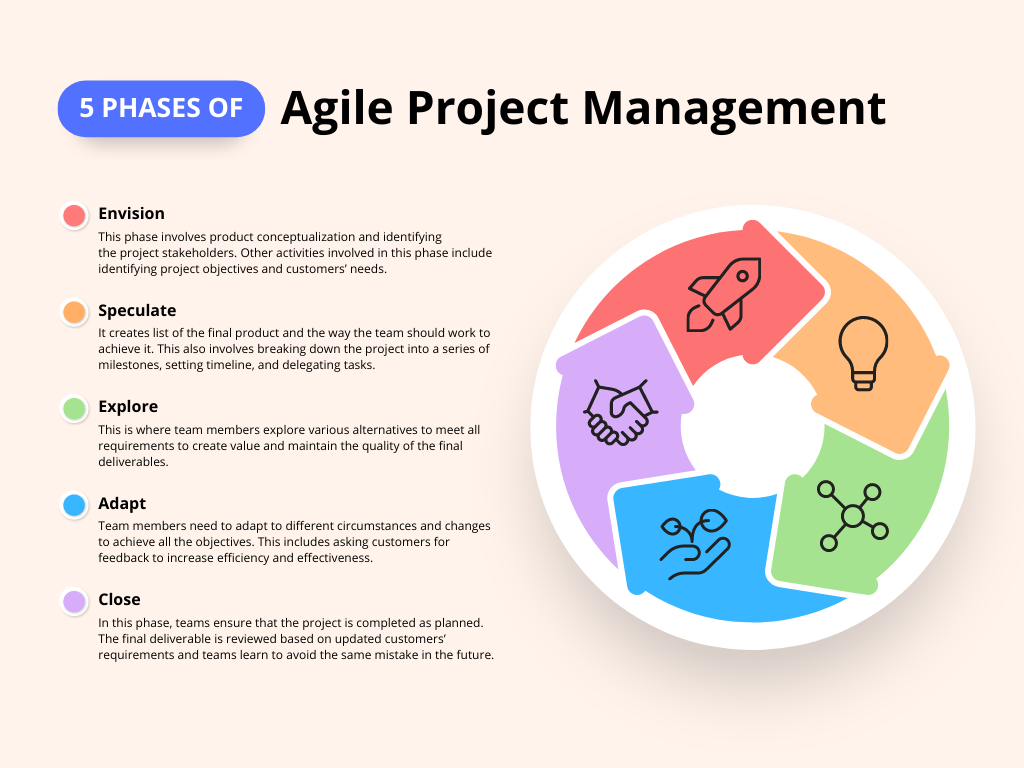Introduction to the Importance of Mentorship in Career Transitions
Mentorship is like having a map when you are lost. Imagine you’re stepping into a new career or aiming higher in your current one. It’s unfamiliar territory. That’s where a mentor comes in. A good mentor has been down this road before. They know the shortcuts, the pitfalls to avoid, and the best paths to take. Having someone to guide you, offer advice, and share their experience is priceless. It’s not just about getting tips on navigating your career. It’s about learning from someone’s life lessons, mistakes, and successes. This can make your journey smoother and help you avoid common mistakes. Mentorship can open doors to new opportunities, expand your professional network, and even enhance your skills in ways you didn’t expect. Essentially, having a mentor can be the difference between wandering aimlessly and walking confidently towards your career goals.
Understanding Career Transition Help and Its Necessity
Shifting careers? You’re not alone. Many find themselves at this crossroads. But here’s the crunch – it’s tough to do alone. That’s where career transition help comes in, crucial for those looking to leap into new professional territories. Think of it as a roadmap when you’re in unfamiliar territory. It’s about getting guidance, support, and insight from those who’ve navigated similar paths. This isn’t just nice to have; it’s a must-have for avoiding common pitfalls and making informed decisions. Imagine trying to learn a new language without a teacher or a new sport without a coach – pretty daunting, right? That’s the kind of uphill battle you face in a career shift without the right support. Career mentors or coaches can offer personalized advice, keep you accountable, and provide encouragement through the rough patches. They’re the lighthouse guiding you through murky waters to your next big opportunity. Don’t underestimate the power of being prepared and informed; it’s what sets the successful transitions apart from the rest.
How a Mentor Can Facilitate Your Career Change
A mentor holds the compass in your career transition journey, guiding you through uncharted waters. This person has tread the path you’re venturing on and knows the pitfalls and shortcuts. With their wisdom, you can avoid common mistakes many make when shifting careers. They provide you with valuable insights into the industry you’re diving into, something web research alone can’t offer. Mentors also expand your professional network. They introduce you to key individuals who can open doors for you, offering opportunities that would be hard to find on your own. Moreover, they are your sounding board. Discussing your ideas and plans with someone who understands the terrain can refine your strategies, making your transition smoother and faster. Their encouragement and support build your confidence during times of doubt, which is crucial when you’re stepping into the unknown. Essentially, a mentor is not just a guide; they are your career transition catalyst.
Identifying the Right Mentor for Your Career Transition
Finding the right mentor is like finding a key that unlocks your potential during a career change. The best mentor for you is someone who’s where you want to be. They understand the hurdles because they’ve jumped them. Look for a person with a track record of success in your desired field and, importantly, someone willing to invest time in you. Compatibility matters too. You need to click, to feel understood. This isn’t about finding a buddy but someone who challenges you and respects your aspirations. Finally, clear communication is crucial. Your mentor should offer guidance that makes sense to you, pushing you towards your goals. Remember, the aim is growth, so seek a mentor who plants knowledge and nurtures confidence in you.
Building a Productive Mentor-Mentee Relationship
Building a productive mentor-mentee relationship is key to success. First, clarity is king. Know what you’re looking to get from this relationship. Set goals and be upfront about them. This makes it easier for both of you to stay on track. Communication, it’s the bridge between confusion and clarity. Keep it open, honest, and regular. Discuss the when and how of updates, feedback, and questions. Respect is non-negotiable. Both sides bring value, so acknowledge that. Appreciate the time and effort your mentor puts in. It’s a two-way street. Feedback, yes, it matters. Give it thoughtfully, and receive it with an open mind. It’s about growth, after all. And commitment, show up. Not just physically, but with your efforts too. This journey, it’s a marathon, not a sprint. Take these steps seriously, and you’re setting the foundation for a relationship that not only brings success but also lasting professional growth.
The Role of Mentorship in Setting and Achieving Career Goals
A mentor is like a compass on your career journey. They guide you, help you navigate through the tough parts, and make sure you reach your destination. When it comes to setting and achieving career goals, having a mentor is crucial. They’ve been there and done that. They know the shortcuts, the pitfalls, and how to keep you motivated when the going gets tough. With a mentor, you’re not just guessing your way forward; you’re strategically planning each step. They provide insights and feedback that can turn your big dreams into achievable plans. Think of them as your personal career coach, someone who’s invested in your success. Whether it’s mapping out a career path, preparing for interviews, or expanding your professional network, a mentor can help you hit all these targets with precision. Remember, the right mentor doesn’t just help you get where you want to be; they challenge you to go further than you thought possible.
Overcoming Challenges in Career Transition with Mentor Support
As you navigate the twists and turns of a career transition, the challenges can feel like endless hurdles. Here’s where a mentor comes in—think of them as your career transition Sherpa. They have walked the path before and can guide you through the maze with less stumbling. From figuring out your next steps to offering insights into a new industry, mentors offer invaluable support. They help you sidestep common pitfalls and boost your confidence by sharing their own stories of triumph and failure. Mentors can also widen your professional network, connecting you with opportunities you might not find on your own. Remember, it’s not just about getting advice. A mentor encourages you, pushing you to aim higher and making the journey seem less daunting. With a mentor’s support, what seems like a rugged mountain to climb can turn into a series of manageable steps—leading you closer to your career goals.
Success Stories: Real-Life Impact of Mentorship on Career Changes
Many have walked the path before you, turning to mentors and reaping the rewards. Take Jake, for example. He was stuck in a job he loathed, dreaming of a career in graphic design. By finding a mentor in the design industry, Jake gained insights, advice, and connections that textbooks couldn’t offer. Within a year, he landed his dream job. Then there’s Maria, a software engineer who aspired to transition into product management. Through mentorship, she honed her leadership skills and learned the ins and outs of product strategy. Six months later, Maria was leading her first project. These stories aren’t unique. They underline a simple truth: mentors open doors. They provide guidance, boost confidence, and offer networks that can catapult careers into new directions. Whether it’s shifting fields, climbing the corporate ladder, or starting a business, finding the right mentor can be a game-changer. Their wisdom and experience can light your way, making the daunting journey of career transition a little less intimidating and a lot more successful.
Tools and Resources for Finding Mentorship for Career Transition Help
Finding a mentor for career transition can really make a difference. It’s like having a guide who’s walked the path before you. They can offer insights, share experience, and open doors. But how do you find one? First, reach out to professional networks like LinkedIn. It’s a goldmine for connecting with potential mentors in your desired field. Next, consider joining specific industry associations or clubs. These groups often have mentoring programs designed to help folks like you. Don’t forget about alumni networks from your college or university. Many alumni are willing to help graduates navigate their careers. Lastly, look into mentorship platforms online. Websites such as MentorCruise and Score offer access to seasoned professionals eager to mentor others. Remember, finding the right mentor takes effort, but the rewards in terms of career guidance and advancement are well worth it.
Conclusion: Integrating Mentorship into Your Career Transition Strategy
In wrapping up, remember, mentorship isn’t just a nice-to-have; it’s a must-have in navigating career changes. By connecting with a mentor, you’re not only gaining guidance, you’re accessing a wealth of experience and networks. Whether you’re pivoting into a new industry or climbing the ladder within your current field, a mentor can offer you insights and advice that are not readily available elsewhere. Think of a mentor as a lighthouse, guiding you through the rough waters of career transitions, helping you avoid the common pitfalls, and steering you towards your professional goals. So, as you plan your next career move, actively seek out mentorship. Look within your network, reach out to professionals you admire, or join mentorship programs. Integrating mentorship into your career strategy could be the game-changer that propels you towards success.








